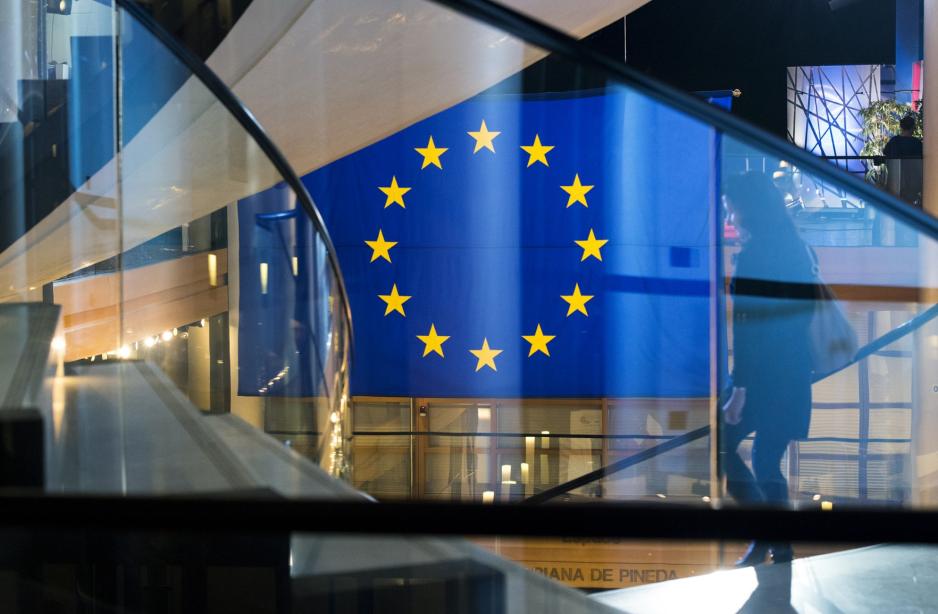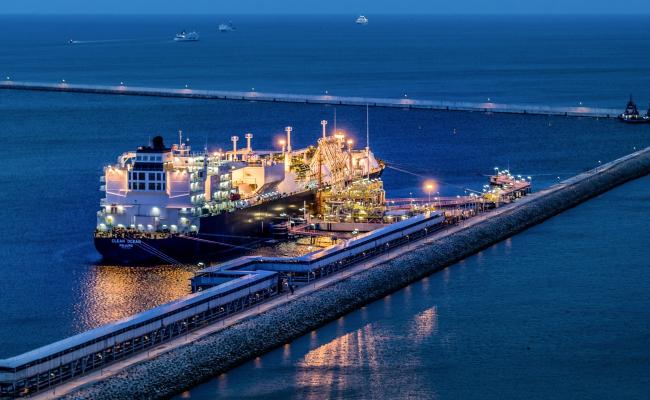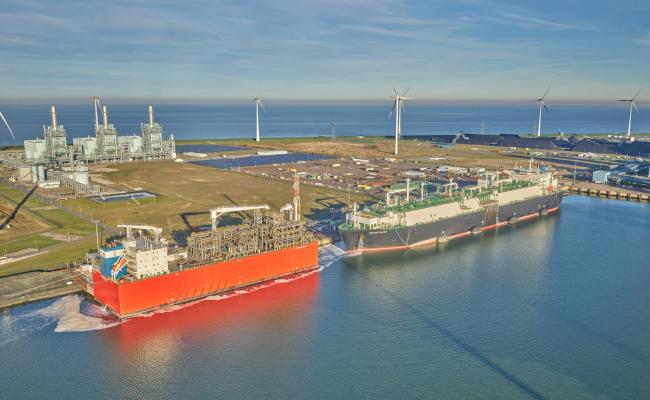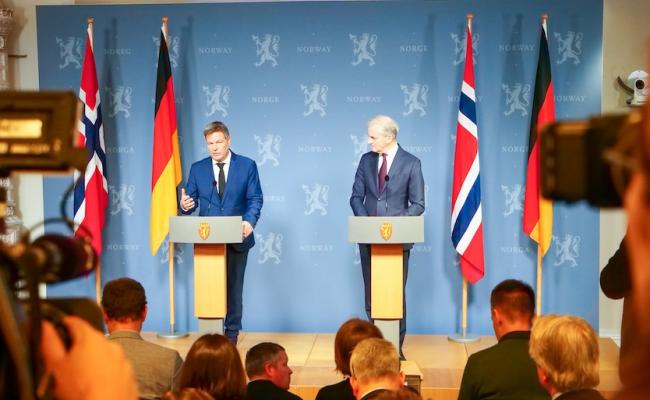EU Begins Consultations to Curb Inflow of Russian LNG

The EU aims to include provisions to limit booking capacities for Russian liquefied natural gas (LNG) at European terminals. (Photo: European Parliament)
Following earlier calls by the EU Commission and member states to begin limiting imports of Russian liquefied natural gas, discussions on the issue began last week as part of a broader gas package.
The EU has begun inter-institutional negotiations between the Parliament, the Council and the Commission on the bloc’s gas and hydrogen market.
As part of the overall package, the EU aims to include provisions to limit booking capacities for Russian liquefied natural gas (LNG) at European terminals. The consultations between member states and the EU institutions kick-started last week, EU officials confirmed to HNN.
According to Commission officials the initiative to curb the flow of Russian LNG into the continent also has the support of the EU Parliament. In addition, several member states have already limited or outright banned the inflow of LNG, either on their own initiative or possibly as a response to earlier calls by the EU Commission.
In March Energy Commissioner Kadri Simson urged member states to not renew expiring contracts for Russian LNG, followed by Spain’s energy minister suggesting that the EU would ban Russian LNG “sooner than later.”
However, it is unclear to what degree and how quickly long-running purchase agreements with major importers like France’s TotalEnergie can be phased out. Total continues to hold a 20 percent stake in the Yamal LNG project.
Also read
The Netherlands has almost completely phased out imports restricting imports to a single LNG terminal. The UK, a former EU member, ceased all imports of Russian LNG at the beginning of 2023.
This leaves Belgium, France, Spain, and Portugal as the major European recipients. Together the four countries procured around 80 percent of LNG produced by Novatek at its Yamal LNG facility.
Energy ministry officials from Belgium, Spain and France did not respond to requests for comment if they intend to support the EU’s efforts to phase out Russian LNG.
Importing 50 percent more
The hydrogen and gas markets decarbonisation package’s origin in December 2021 precedes the invasion of Ukraine. The EU subsequently began discussions to add provisions to address the growing inflow of Russian LNG, with the goal to give member states the ability to limit booking capacities.
Since the beginning of the war in February 2022, EU states have imported around 17m tons of LNG – an increase of 50 percent over 2021 – according to HNN data. Not all of the LNG remains in the EU as some is routinely reloaded e.g. in the port of Zeebrugge, and shipped onward to clients in Asia.
I doubt that the EU will ban LNG in the immediate future.
Novatek operates a dedicated storage tank at the port. It leases the facility as part of a 20-year transshipment agreement with Fluxys LNG NV/SA. Fluxys did not respond to inquiries if it aimed to alter or exit from its contract with Novatek.
Finding alternative supply
Experts have long argued that the question if the EU can afford to step away from Russian LNG will primarily be one of supply security. Do other LNG suppliers, namely the United States, have sufficient spare capacity to make up the shortfall.
Additional supply could come from Qatar, which is looking for buyers following massive expansion of its LNG production. Norwegian officials, on the other hand, have repeatedly indicated that the country will not be able to further increase supply of LNG or pipeline gas to Europe.
Is Russian LNG no longer needed
With rapidly falling gas prices across the EU, discussions of a possible oversupply of LNG have surfaced. Some member states including Germany, which raced to open its first LNG terminal in record time and envisioned plans for a total of six hubs, will be scaling back efforts by almost half.
Analysts, however, warn of potential overconfidence by the EU “in curbing Russian LNG imports,” TradeWindNews, an industry publication, reported last week. Russia’s role in the global LNG sector remains significant with Novatek’s Arctic facility accounting for around 5-6 percent of the global 380m ton trade. Additional production capacity will come online this year and in 2024.
"I doubt that the EU will ban LNG in the immediate future,” cautions Hervé Baudu, Chief Professor of Maritime Education at the French Maritime Academy (ENSM), who closely follows the flow of LNG from the Arctic.
The inter-institutional consultations at the EU are expected to take several months according to EU officials, allowing member states more time to dial in their supply situation as the continent approaches next winter.




